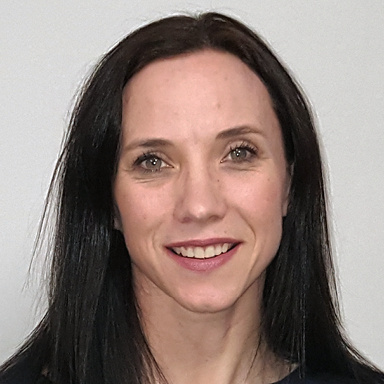Managing a high-risk pregnancy is a complex matter, but ever-more sophisticated assessment tools are leading to better outcomes for both mothers and babies.
Every mother-to-be expects to have her pregnancy closely monitored, but some women need extra care and attention if they’re considered to be at high risk. Dr Narina du Plessis, a maternal and foetal medicine specialist at Mediclinic Kloof, explains more.
What causes a high-risk pregnancy?
Factors like advanced maternal age and underlying chronic conditions such as hypertension or diabetes can affect the health and wellbeing of a mother and her unborn baby. Mothers carrying multiples i.e., twins or triplets, who’ve experienced complications in an earlier pregnancy are also considered high risk. These conditions may include pre-eclampsia, or a previous preterm delivery.
Some lifestyle factors can also affect the health of both mother and baby, such as obesity or substance abuse. “We must also assess the impact of the underlying condition on the pregnancy, as well as the pregnancy’s impact on the condition,” says Dr Du Plessis.
Foetal assessment scans
In an ideal world, every expectant mother will have several scans throughout her pregnancy. Dr Du Plessis explains that in addition to your monthly ultrasound, which monitors the baby’s growth, development and heartbeat, you’ll also undergo a first-trimester assessment scan. This includes measuring the nuchal translucency, which helps to determine the risk for chromosomal abnormalities, like Down syndrome, and to assess viability and early development.
The anatomy sonar (usually done between 20-23 weeks) assesses the growth, placental function and details of the anatomy of the foetus to check for anomalies. “Each women’s case is assessed to determine how her pregnancy should be monitored. If we’re concerned about a high-risk pregnancy, we might recommend further scans to monitor her health and that of the baby more closely.”
Dr Du Plessis says that in high-risk cases the mother’s doctor will work closely with other specialists. For example, if she suffers from an underlying chronic condition, a physician may advise on the best course of treatment, while a maternal and foetal medicine specialist may be called on to provide extra guidance if fears exist that the baby’s health may be compromised.
“We will discuss issues such as the best delivery date for the baby, and what type of care will be required following delivery.”
Non-invasive prenatal test (NIPT)
In cases where further investigation is required, the specialist may recommend a non-invasive prenatal test (NIPT). This test was developed out of the understanding that you make new cells every day, while old cells break down inside your body. These disintegrating cells contain the DNA that makes you unique. A pregnant woman’s blood contains both her own cells and those of her baby, because they are connected through the placenta, and so a simple blood test makes it possible to extract and test the DNA for anomalies.
Test results are available within 5-7 working days, and the test is 99% accurate in determining the risk of Down syndrome. “The only assessments that are more accurate are amniocentesis and chorionic villus sampling (CVS) in which a sample is taken from the placenta. However, these tests are invasive, and carry risks to the pregnancy,” Dr Du Plessis explains.
Although NIPT is primarily used to detect the most common chromosomal conditions, Dr Du Plessis sees even more potential for this test, and researchers are investigating other areas where it may be useful. “In years to come we may have accurate tests to predict many more conditions,” she says. “This is especially helpful for families where there is a history of a condition.”
Better patient outcomes
Dr Du Plessis says the peace of mind parents enjoy when an assessment reveals little or no risk is tremendously valuable, especially if there have been reasons for concern. On the other hand, a scan may reveal that a foetus has a potentially life-threatening condition. Although this presents a heartbreaking situation for the parents, the information may help them decide whether to proceed with the pregnancy.
When the results show the child may have a complicated condition, but one that is not incompatible with life, they can mentally prepare themselves for what lies ahead. They can research how best to care for their child and ensure they have access to the appropriate specialists ahead of time.
“Of course this is very difficult, but the more information you have, the better you’re able to get ready, plan, and accept – and this means better physical and mental health outcomes for mom, baby, and the family as a whole,” Dr Du Plessis says.
To find a healthcare professional near you, go to www.mediclinic.co.za.
Further publications on the topic
Doctors 1


